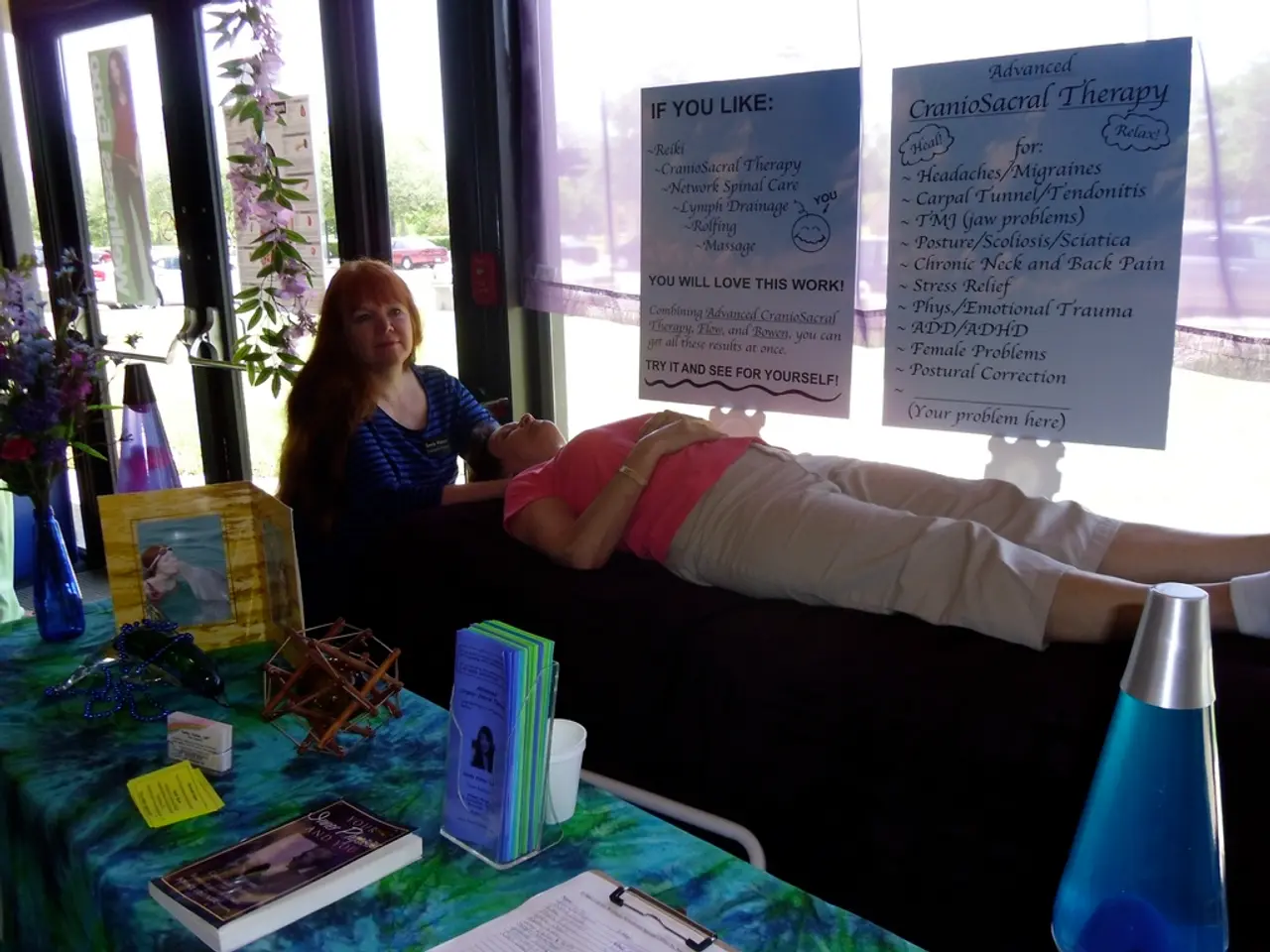Mental Health Consequences of Relational Trauma: Cases, Symptoms, and Recovery Strategies
Relational trauma is a type of trauma that arises from an unhealthy relationship. It is not caused by a single event, but rather an ongoing set of events and the nature of the relationship between two people. This form of trauma can manifest in various ways, such as physical, sexual, or emotional abuse, neglect, or enmeshment.
Abuse can take many forms, and it's essential to recognise that emotional abuse is just as harmful as physical or sexual abuse. Neglect, for example, refers to trauma resulting from things that didn't happen, such as physical or emotional neglect. Abandonment, even if the caregiver was physically present, can also lead to relational trauma.
Enmeshment is a lack of boundaries between family members that can impair a child's independence and sense of self. It occurs when the caregiver is overly involved in the child's life, causing them to feel "suffocated." Emotional abandonment can occur due to a caregiver's inability to offer emotional support. Reasons for this inability can include mental health difficulties, substance use, demanding work hours, domestic violence, needing to care for other family members, or feeling overwhelmed by a child's needs.
Relational trauma can have a profound impact on one's life, affecting multiple aspects even in adulthood. Signs of relational trauma may include difficulties with self-esteem, problems with setting or maintaining boundaries, difficulty maintaining healthy relationships, social anxiety or generalized anxiety, avoidant behavior, neediness or manipulation in relationships, developmental delays and cognitive difficulties, and potential mental health conditions or personality disorders.
Fortunately, there are ways to cope with the effects of relational trauma. Talk therapy, also known as psychotherapy, can be helpful for addressing trauma and any mental health difficulties that result from it. Therapy can help individuals understand their experiences, process their emotions, and learn coping strategies. Various kinds of therapy can be used for relational trauma, including cognitive behavioral therapy (CBT), dialectical behavior therapy (DBT), prolonged exposure therapy (PE), Eye Movement Desensitization and Reprocessing (EMDR) therapy, humanistic therapy, eclectic therapy, and group therapy.
Self-care strategies can also play a crucial role in coping with the results of relational trauma. These strategies can include identifying triggers, maintaining relationships, attending a trauma-informed support group, and practicing exercise, meditation, journaling, or a creative hobby.
If you suspect you may be dealing with relational trauma, it's important to seek help. Finding a trauma-focused therapist is a good start. Psych Central's "How to Find Mental Health Support" resource can help in finding a therapist. Medication, such as antidepressants or anti-anxiety medication, might be beneficial for managing depressive disorders, anxiety disorders, and other mental health issues that result from relational trauma.
It's essential to remember that coping with the effects of relational trauma is possible through recovery. Complex PTSD, which can include symptoms such as a negative self-image, emotional dysregulation, dissociation, relationship difficulties, and difficulty recognising reality, can also be addressed with the right support and self-care strategies.
In conclusion, relational trauma can have a significant impact on an individual's life, but with the right help and self-care strategies, it is possible to overcome its effects and achieve recovery. If you suspect you may be dealing with relational trauma, seek help and remember that you are not alone.








